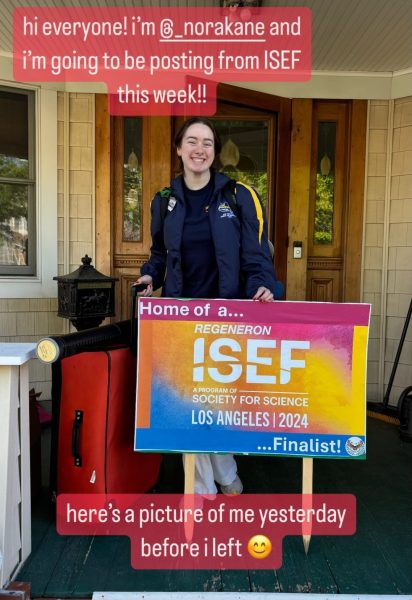Should Celebrities Voice Opinions on Politics?
Celebrities greatly influence the public. Whether it be through the clothes they wear, the music they listen to, or the food they eat, celebrities have the power to dictate current trends and ideas. Because of their large impact and influence, celebrities can sway their fanbases politically. Is this fair? Celebrities, such as actresses and athletes, should not be able to manipulate political opinions using their influence.
In late January 2020, pop musician Taylor Swift’s emotional and revealing documentary, Taylor Swift: Miss Americana, was released on Netflix and took the world by storm, as reported by the New York Times (nytimes.com). Among the many other sensitive and controversial topics surrounding Swift and her career, politics was one of them at the forefront of the documentary. She ruminated on her silence during the 2016 election; she regrets not using her popularity to fight against Donald Trump’s candidacy, according to the New York Times. Swift also mentioned how she wished to use her fame to go against the current senator Marsha Blackburn’s Tennessee campaign that conflicted with her methodology. In addition, the pop star elaborated on her thoughts about the LBGTQ+ community, which were famously revealed in her 2019 hit song “You Need to Calm Down” in which Swift advocated her support for the Equality Act. While Swift’s opinions have been met with positive feedback from her fans, they have been met with criticism as well. Some fans have commented on how voicing her opinions has taken a turn for the worse. For example, one person on Twitter wrote, “Respectfully, be quiet and sing!” according to NBC News (nbcnews.com), acknowledging and alluding to how politics could ruin her career. Whether by promoting cancel culture or causing them to be pigeon-holed into their initial beliefs, there are many ways that sharing political views can backfire on celebrities. Not only may sharing political opinions hurt celebrities’ careers, but it can also affect those who make celebrities’ careers successful in the first place: the fans.
According to Forbes (forbes.com), a Hill-HarrisX study from 2018 showed that 60% of the participants opposed celebrities speaking out as it could lead to further political polarization and even distract their fans from more important issues. While celebrities, just like the average citizen, deserve their right to free speech that is protected under the First Amendment, they should not publicly voice their political opinions as it can negatively affect their own career and their fans in a variety of dangerous ways.
One of the most infamous cases of politics hurting celebrities’ careers is when in 2016, NFL quarterback Colin Kaepernick refused to stand during the national anthem, as stated by Biography (biography.com) on December 6, 2017. In an interview, Kaepernick said that he was unwilling to take pride in the flag of a country that suppressed minorities, and it would be selfish for him to turn a blind eye to the issue, as reported by Biography. The refusal to stand is a form of protest that, according to Kaepernick, was done in hopes of seeing “significant change” for minorities. However, this controversial action did not come without consequences. As Kaepernick continued to sit during the national anthem in the 2016 season, tension brewed across the country on the hot-button issue, and Kaepernick became a free agent at the end of the 2016 season. This action was likely political, and Kaepernick accused the NFL of keeping him out of the league by filing a grievance. While the ex-49er and the NFL came to an undisclosed settlement in 2019, Kaepernick remains a solo act and continues to be unsigned by a professional football team.
This is one of the negative consequences of Kaepernick publicly disclosing his views; his remaining unsigned from the NFL is immensely impactful, tainting Kaepernick’s popularity as he will no longer be at the forefront of a team’s achievements or a notable face in a team’s lineup. In addition, his past controversial political actions may make other NFL teams hesitant to sign him on. Freshman Lucia Palumbo disagrees: “Just because the person is famous does not mean that they have to agree with everything that the public is saying.” It should be noted that in Kaepernick’s case, publicly displaying these political opinions that are not in agreement with what an audience believes can permanently affect one’s career and may even bring one’s career to a halt. Kaepernick’s being unsigned to any NFL team is an example of how a celebrity publicly displaying his/her political opinions can taint his/her career.
Celebrities disclosing political opinions may also affect some of the people who care about them the most: their fans. According to Forbes, in a study done in Britain by YouGov, 25% of participants said that celebrity opinions had a negative effect on their decisions, while only 5% said that it had a positive effect. Some reasons behind why many say that celebrities’ opinions negatively affect their decisions could be that celebrities encourage political polarization and may even distract the public from more important issues. Many of these negative consequences are likely to occur, as, according to an article on Redbrick’s website (redbrick.me), a study published in the European Journal of Marketing found that participants without much interest in politics are 28% more likely to vote for a candidate who has been praised by a celebrity. While many celebrities raise awareness about certain issues with good intentions, they may be disappointed to find that their influence may result in negative outcomes rather than positive ones. Freshman Kerry Cullen addressed whether she thought celebrities sharing political opinions was beneficial or harmful: “I think in a way it’s a good thing, as long as they don’t use the politics as a way to control their fans. It’s good to encourage fans to vote with others in mind, but it’s not good to be talking about that ideology in every post and story.”
Another reason why celebrities should not publicly share their political opinions is that most people, at some point, want a break from politics. It is discussed every day on television, on social media, and even at family dinners. This constant bombardment of political news can make one’s head hurt, and many try to escape politics through certain mediums, such as movies, books, and music. However, when the celebrities who perform in these mediums speak up about politics, they take away the escape from politics that many people look to those mediums for. Let us be honest: how many times while watching the Grammys or Oscars have you sighed when a celebrity dedicates, accepts, or rejects an award in the name of a political opinion?
While celebrities should be entitled to their freedom of speech like other Americans, they should not speak publicly about their political opinions as it may negatively affect their own career and their fans in a variety of harmful ways.

Hey you! Thanks for checking out my profile. I am a member of the Class of 2024 and a storyteller at heart. I love to spend time with my family and friends,...


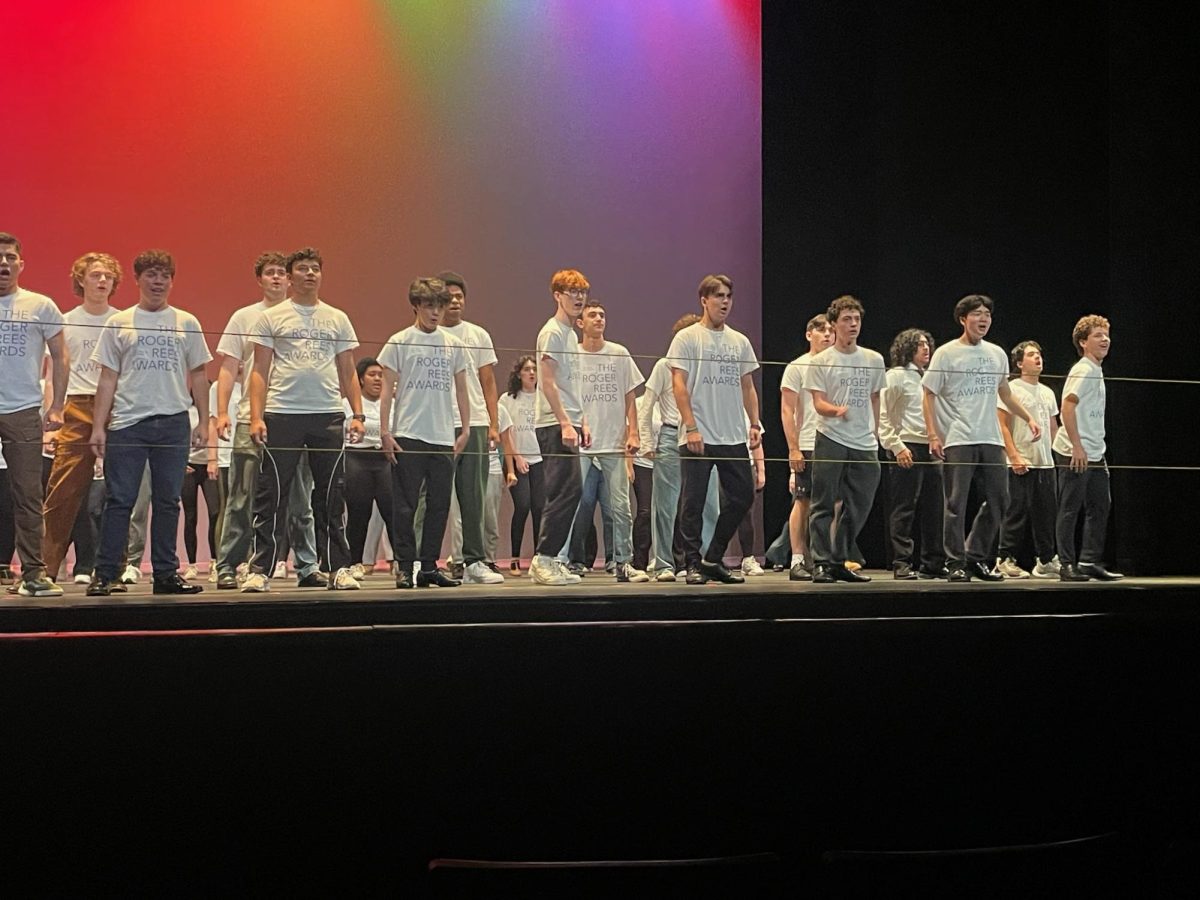


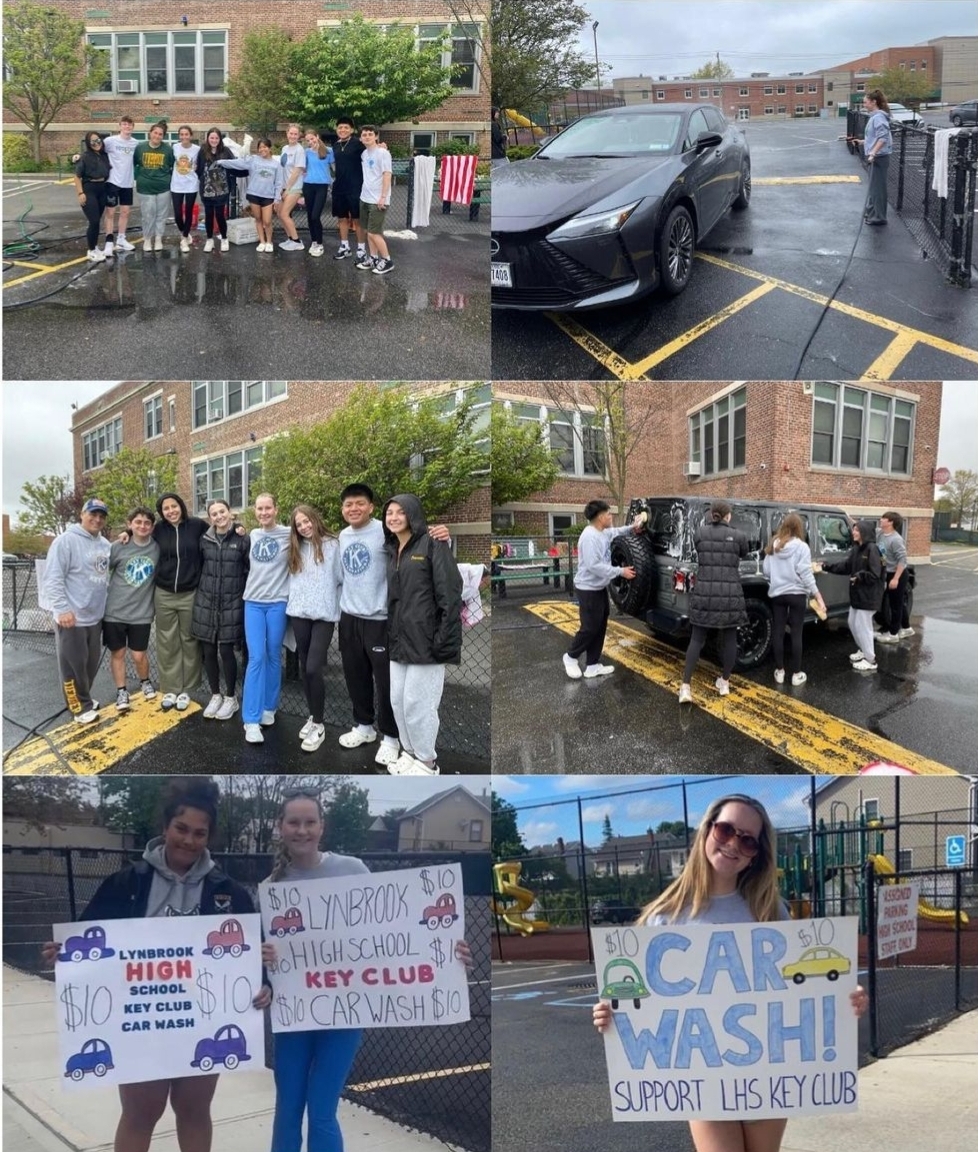
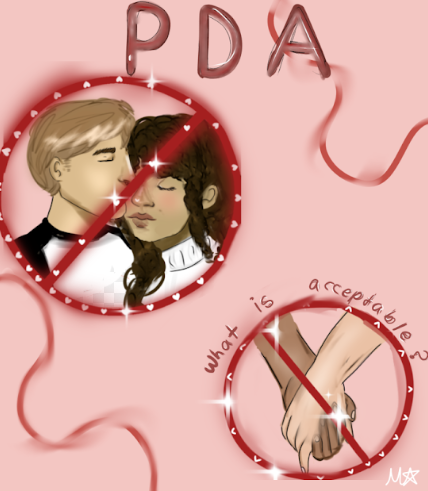
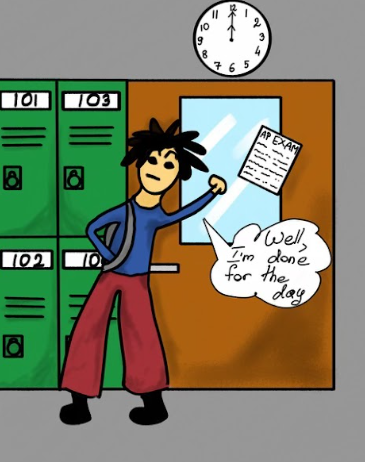

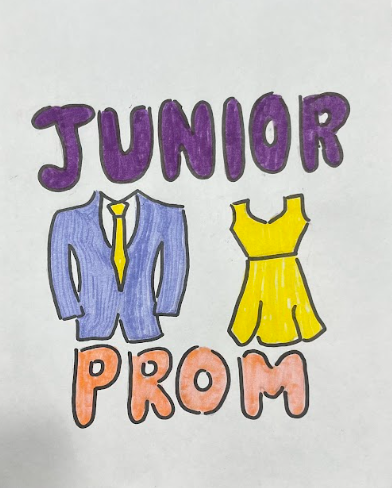






![Key Club members pose for a photo with Club Advisor Dr. Tieniber [far right] at Stonebridge Country Club. Photo Courtesy of @lhstieiber Instagram page.](https://lhshorizon.com/wp-content/uploads/2024/10/tempFileForShare_20241014-162748.jpg)
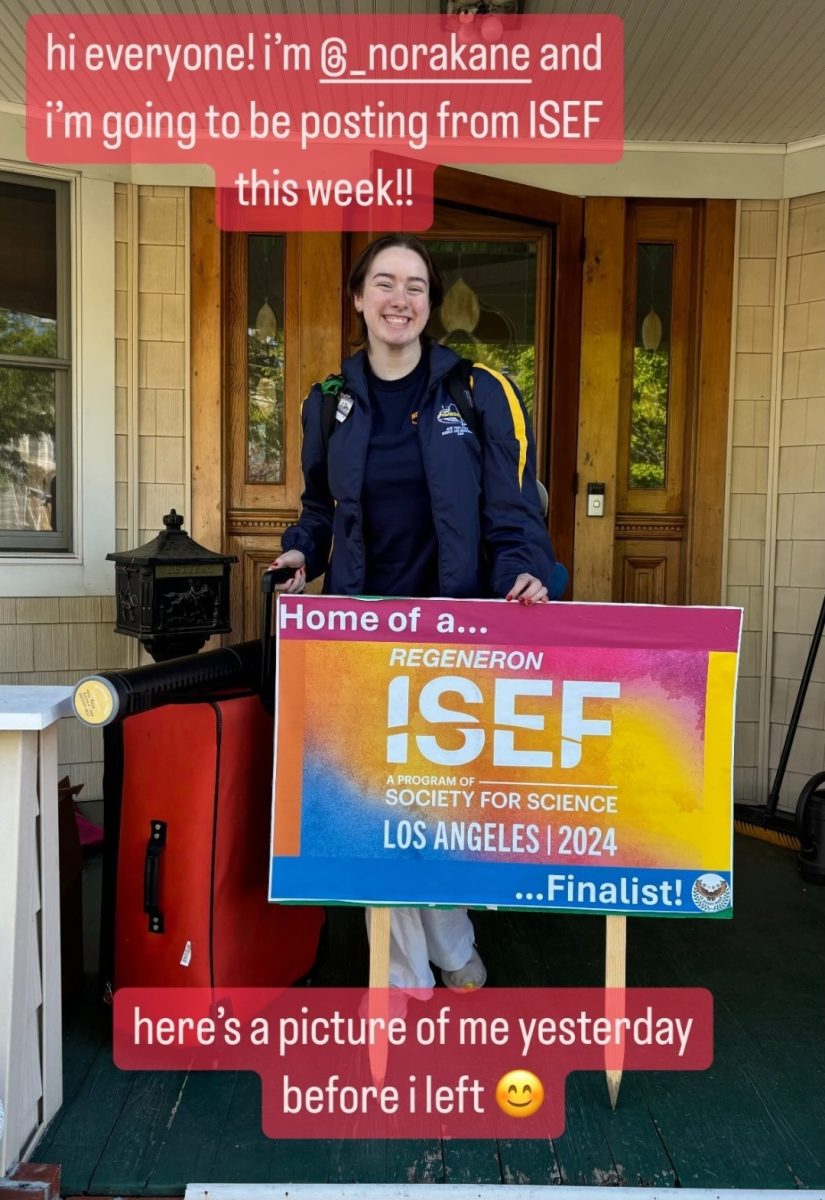



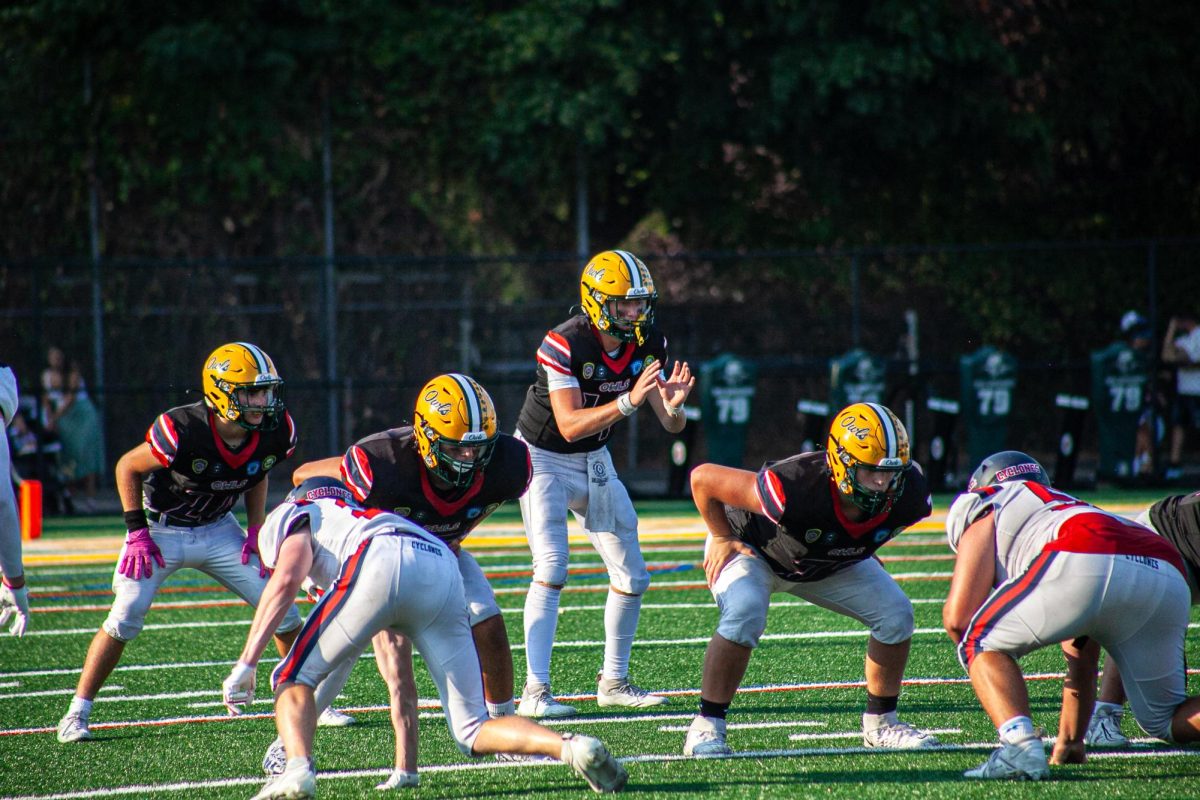
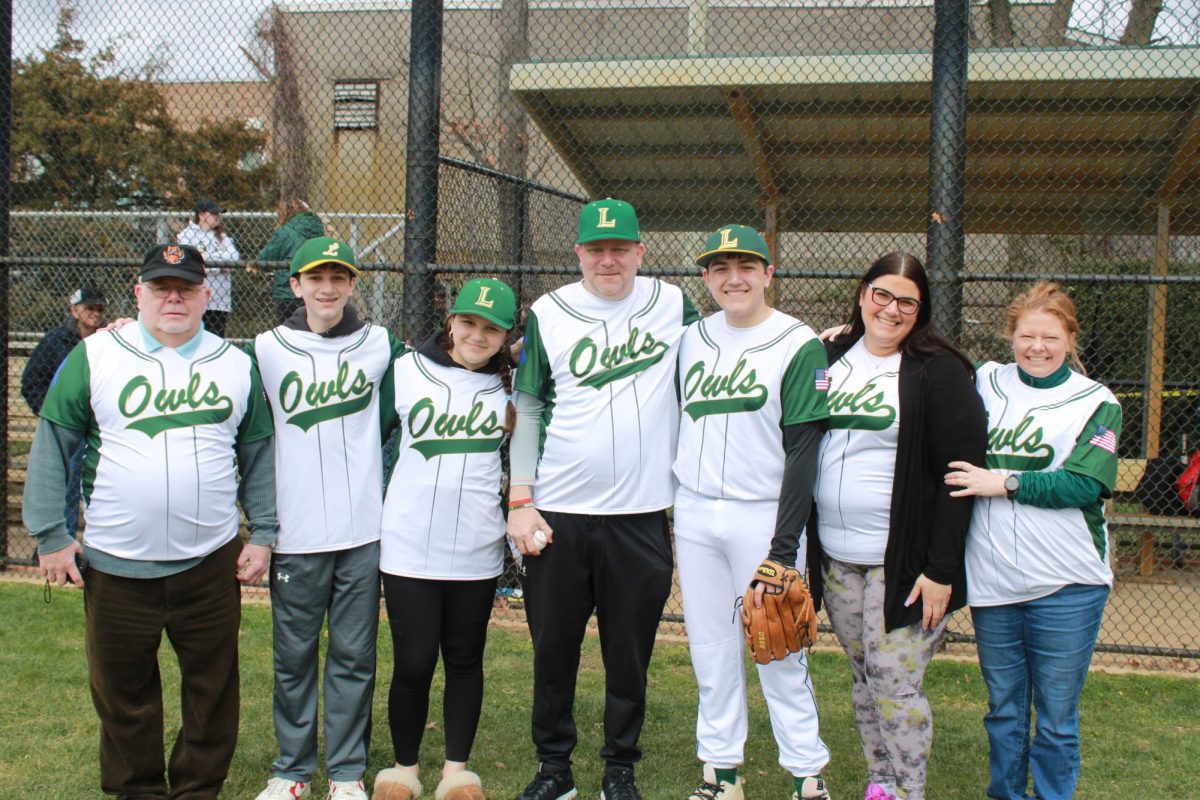
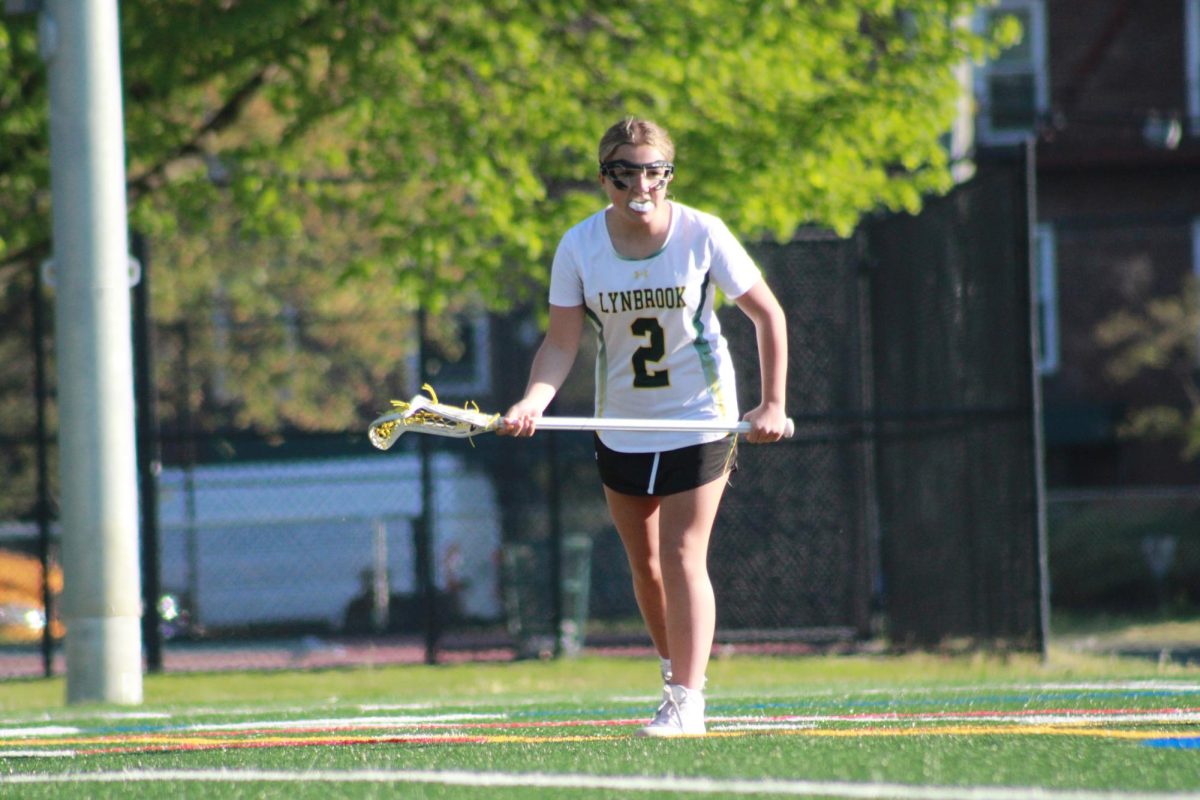
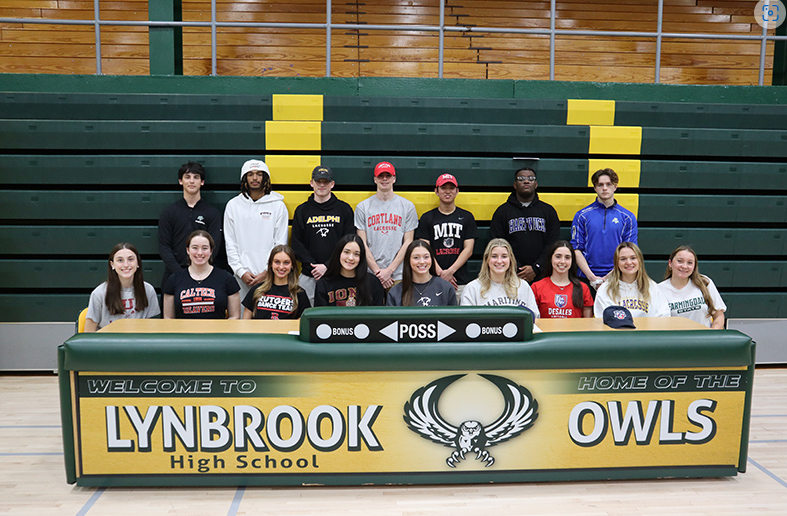










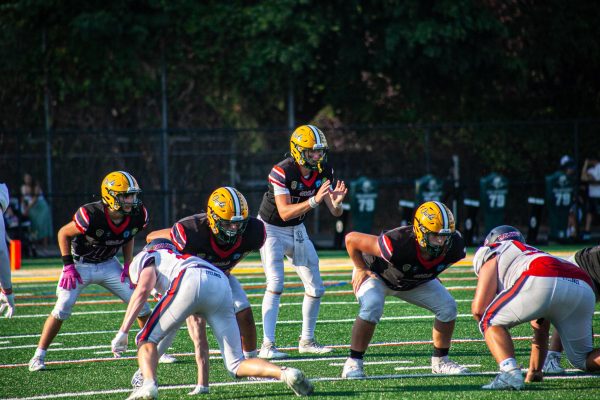
![Key Club members pose for a photo with Club Advisor Dr. Tieniber [far right] at Stonebridge Country Club. Photo Courtesy of @lhstieiber Instagram page.](https://lhshorizon.com/wp-content/uploads/2024/10/tempFileForShare_20241014-162748-600x448.jpg)
